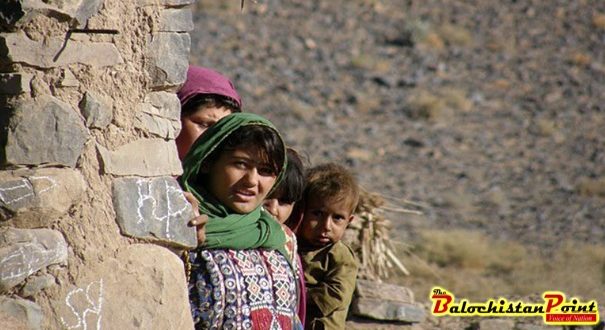By: Rafiullah Mandokhail
ZHOB: Despite the fact that district Zhob falls in the rainy ‘monsoon’ range yet the area has not received rain since long time. The prolonged dry spell and weather change have led to a significant increase in dust allergy, cough, chest and throat infections, especially among the infants. Both the public and private hospitals are seen packed with patients suffering from flu, coughing, sneezing, high fever and chest congestion. At the civil hospital OPD the doctors say that they examine patients including women and children on daily basis, suffering from throat infections and dry cough.
Dr. Saba Khan Mandokhail, a pediatrician at the district headquarters civil hospital says, the current weather changes and fall in the temperature causing dry cough, fever, sour throat and chest infections, adding the influx of patients continued to increase with each passing day as most of the patients visiting the hospitals and private clinics complained of cold related diseases.
“The weather is in a transition phase; it contributes to the transmission of viral infections. The parents should keep their children warm and make sure their head, neck and hands are fully covered,” the specialist advises.
Moreover, the dry spell has also caused water shortage in many urban and rural areas here. The district is a producer of garlic besides seasonal fruit and vegetables. Over fifty percent of agricultural land depends on rainwater. In many villages wheat cultivated area is rain-fed (Wuchoba). The dry spell could therefore have a negative impact on the crops yield and losses to the growers, as the prolonged dry spell leave the wheat crop with slow growth and diseases.
Published in The Balochistan Point on November 10, 2018
 Balochistan Point Voice of Nation
Balochistan Point Voice of Nation




